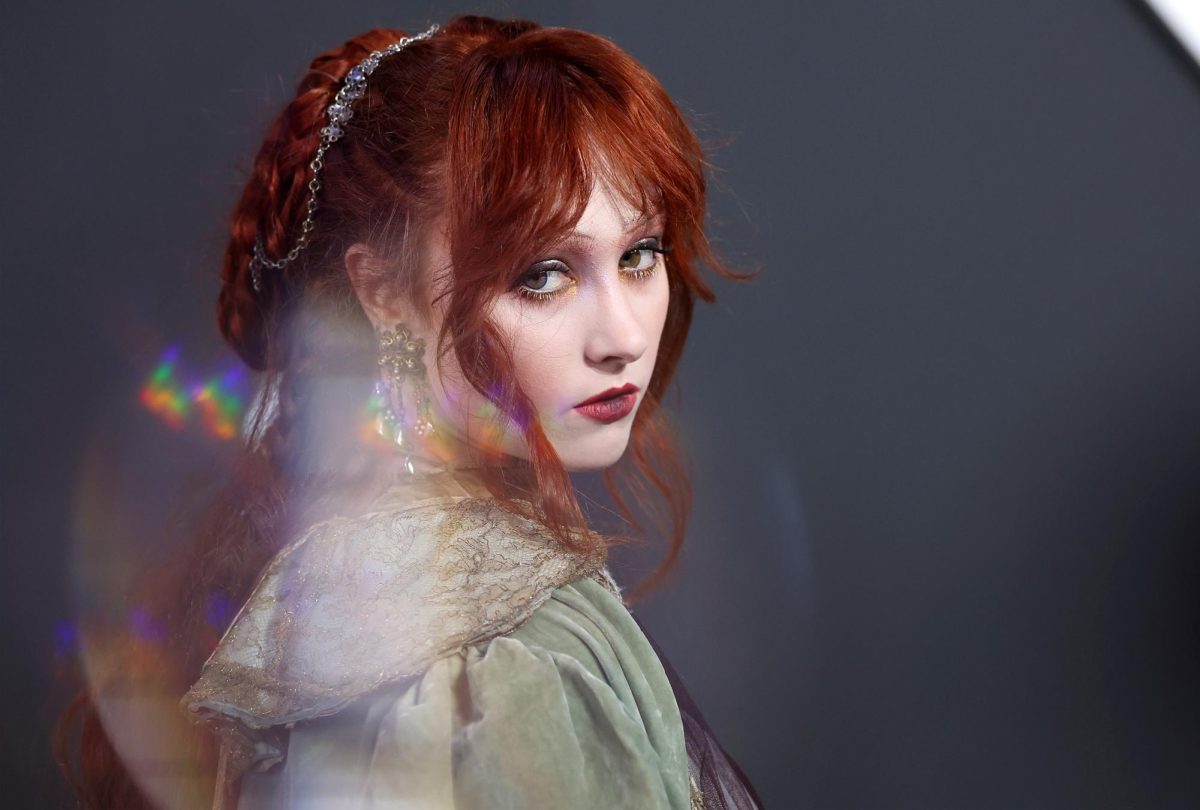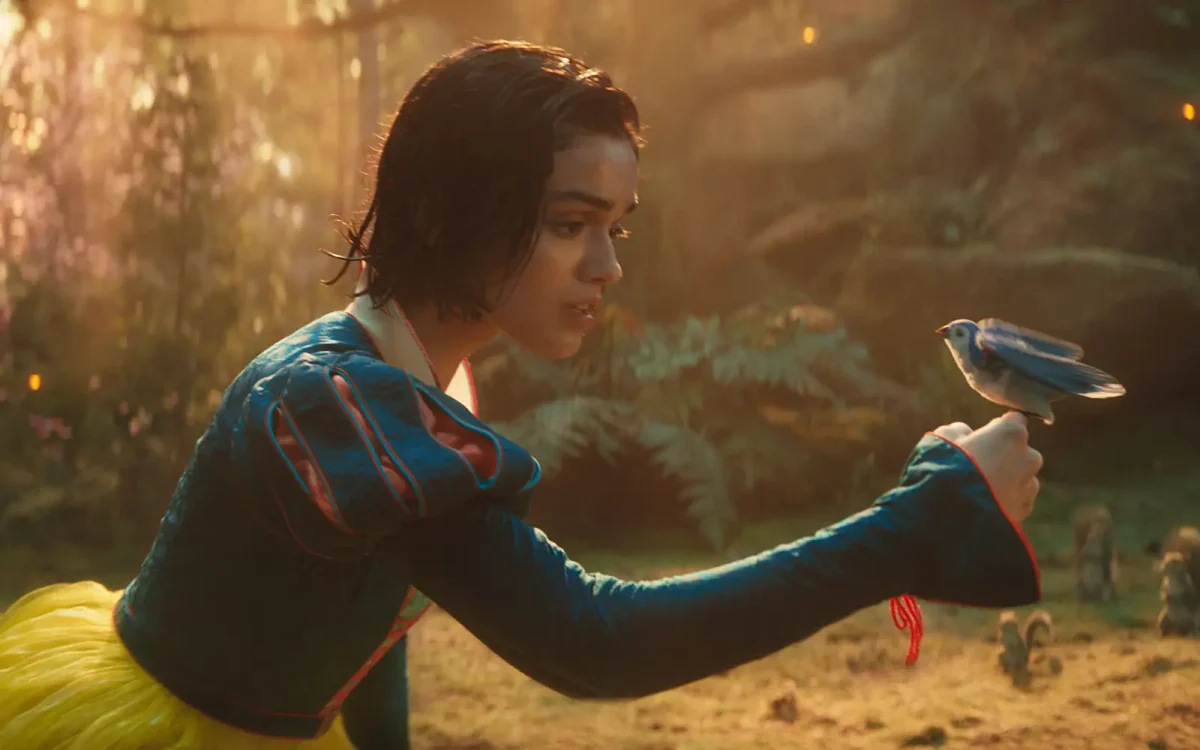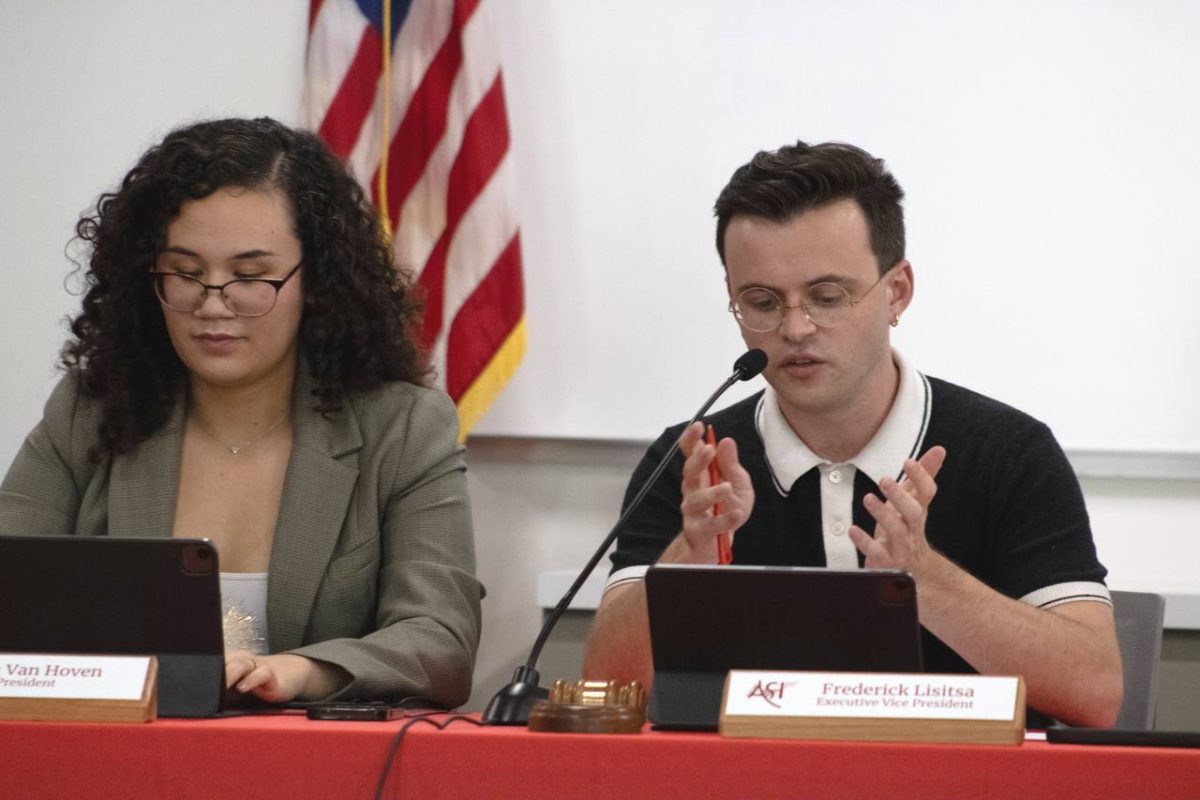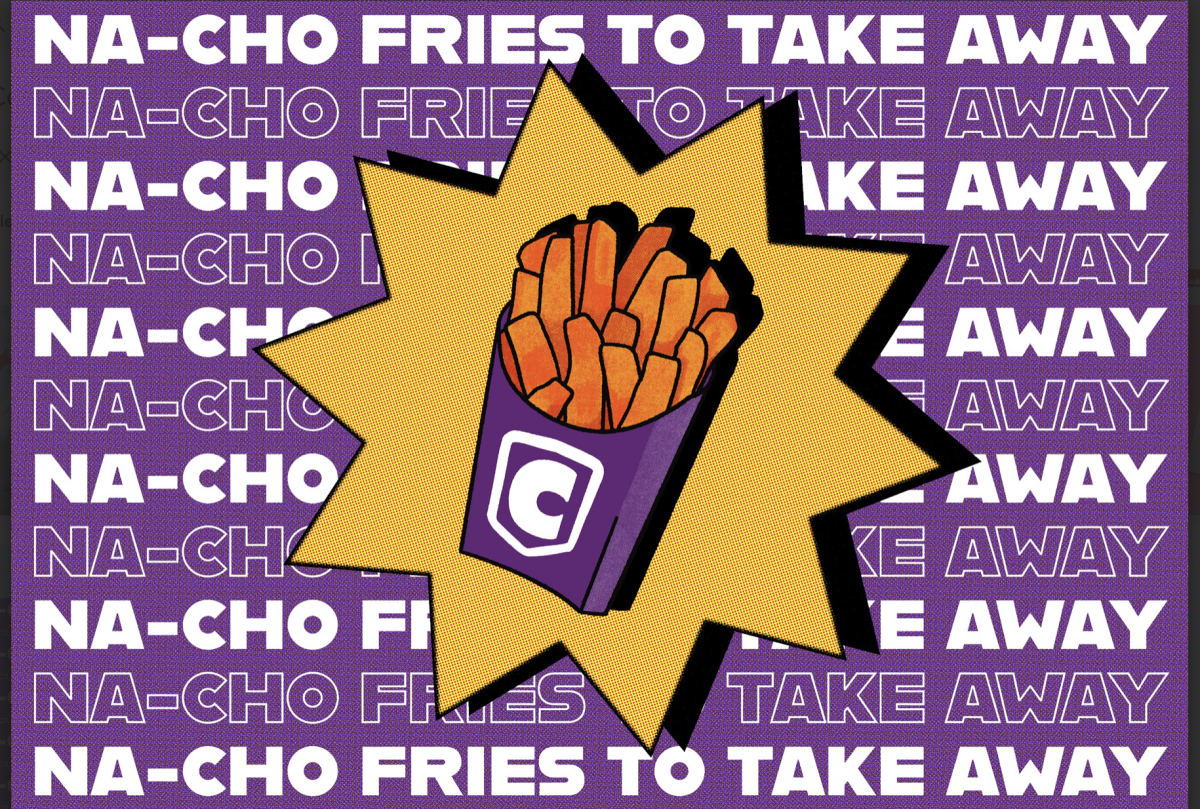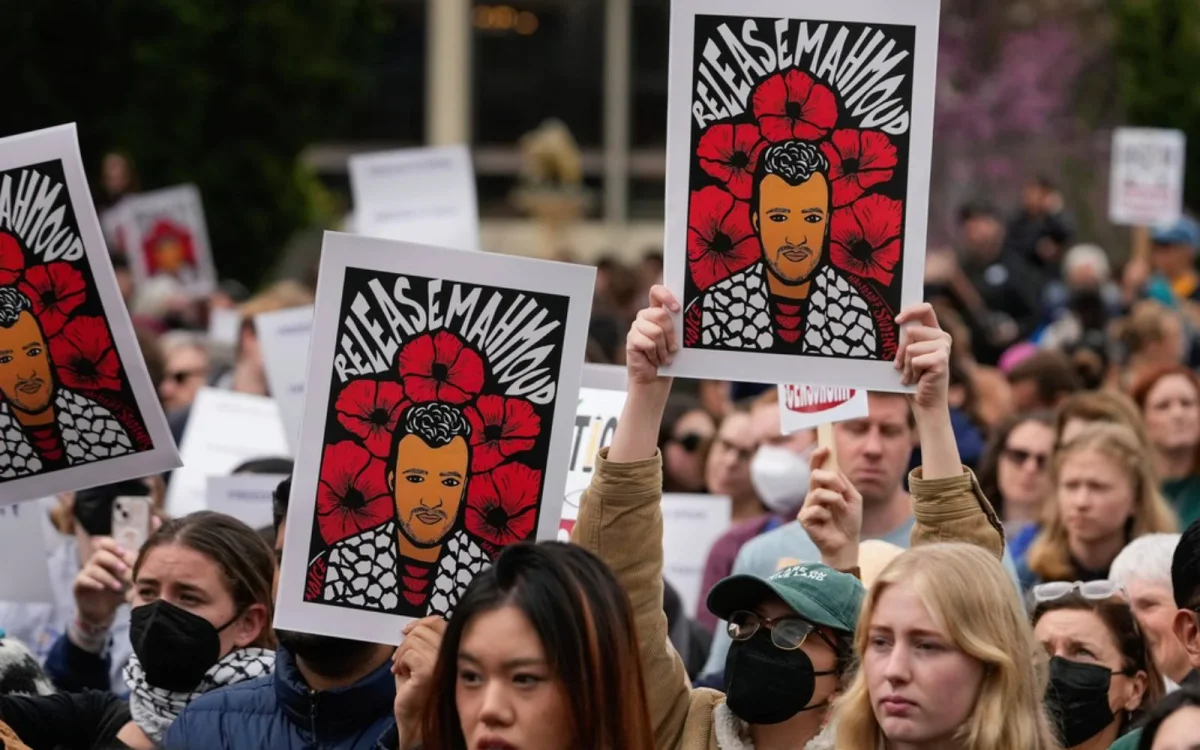Movies like Misery and The Fanatic depict stories where fans become unhealthily obsessed with a celebrity, eventually becoming murderous. It might seem exaggerated, but situations like this are not that uncommon.
Nearly every well-known celebrity has had their fair share of stalkers or fans who take it a little too far. Sometimes, these fans no longer seem like fans at all.
Unsurprisingly, many of these people are struggling with the idea that they are friends with these celebrities and know them on a personal level. These relationships between adoring fans and unknowing celebrities are called “parasocial relationships.”
A parasocial relationship is defined as “a relationship that a person imagines having with another person whom they do not actually know, such as a celebrity or a fictional character.”
Essentially, this means that a person has consumed enough media to feel as though they are genuine friends with someone they do not actually know.
In most cases, this relationship does not go beyond the internet, but when it does it can lead to dangerous and unhealthy behavior from the fan.
Last month, rising pop singer Chappell Roan released an Instagram statement talking about her struggles with fame and the unhealthy fan behavior that has come with her newfound stardom. She explained that there have been too many recent incidents of fans yelling at her on the street and making scenes about getting pictures taken with her.
Roan also explained that music, while something she loves to do, is still what she considers her job. She feels that while she is not performing she is essentially “clocked out.”
“I’ve been in too many nonconsensual physical and social interactions and I just need to remind you, women do not owe you sh-t,” Roan wrote on Instagram.
She explained how her fame has helped her in her career but has hindered her personal life, leaving her feeling unsafe and concerned for her and her family’s safety.
“I am specifically talking about predatory behavior (disguised as “superfan” behavior) that has become normalized because of the way women who are well known have been treated in the past,” Roan wrote.
Her statement has received mixed reviews on whether celebrities like her inherently owe something to their fans, but Roan makes a good point. Obsessed fans become so consumed with celebrities’ lives that they intrude on the very people they claim to admire.
This issue goes far beyond the idea that there is always going to be a price to pay for fame. All celebrities are people, too, no matter how much money they have or how well their lives are made out to be.
Roan isn’t the only one. The media and fans have been treating famous people like objects for their enjoyment for almost as long as celebrities have been around. Figures like Taylor Swift, Miranda Cosgrove and Selena Gomez are just a few of the women who have also been targets of stalking and have had terrifying fan interactions in recent years.
Swift had a man crash into her apartment building to get to her, Cosgrove had a man shoot himself on her front lawn and Gomez had a fan hop over her fence, causing her to put the home up for sale.
In all of these cases, these women were forced to deal with stalking and harassment from people who were genuinely obsessed with them, while many people online told them that it was just something they had to accept. Some people even claimed that if these figures couldn’t handle that level of fame, they should step out of the spotlight.
This is not just an issue for female celebrities, many male celebrities have also opened up about female fans harassing them or touching them inappropriately in public.
Justin Bieber and Michael Jackson both released songs telling the story of them being accused of fathering a child of a woman they had never met.
“Billie Jean is not my lover,” read the lyrics from “Billie Jean” by Jackson. “She’s just a girl who claims that I am the one. But the kid is not my son.”
In real life, there are women who claim they are pregnant with their children just to get attention and fame. In some of those cases, the women were genuinely convinced these men were their children’s father.
Many people forget that there are child stars who suffer from bad fan interactions as well, some of which are borderline pedophilic.
‘Stranger Things’ star Gaten Matarazzo opened up about a 30-year-old fan saying she had a crush on him since he was 14. There are also multiple examples of young female celebrities having fan pages and radio shows dedicated to counting down the days until they turn 18.
These parasocial relationships stem not from fame but from obsession and mental illness, a problem that has only worsened with social media’s rise and the instant access it provides to others’ lives.
This obsession isn’t just harmful to celebrities. These people are spending so much time worrying about the lives of strangers that they are often missing out on moments in their own lives, too. The behavior is contradictory and mutually destructive.
It is okay to like things and be excited about people you are a fan of, but it is never okay to make someone feel unsafe just because you feel you have the right to. Helping a celebrity become famous does not grant you automatic access to their lives; they deserve their boundaries and privacy, just like anyone else.




